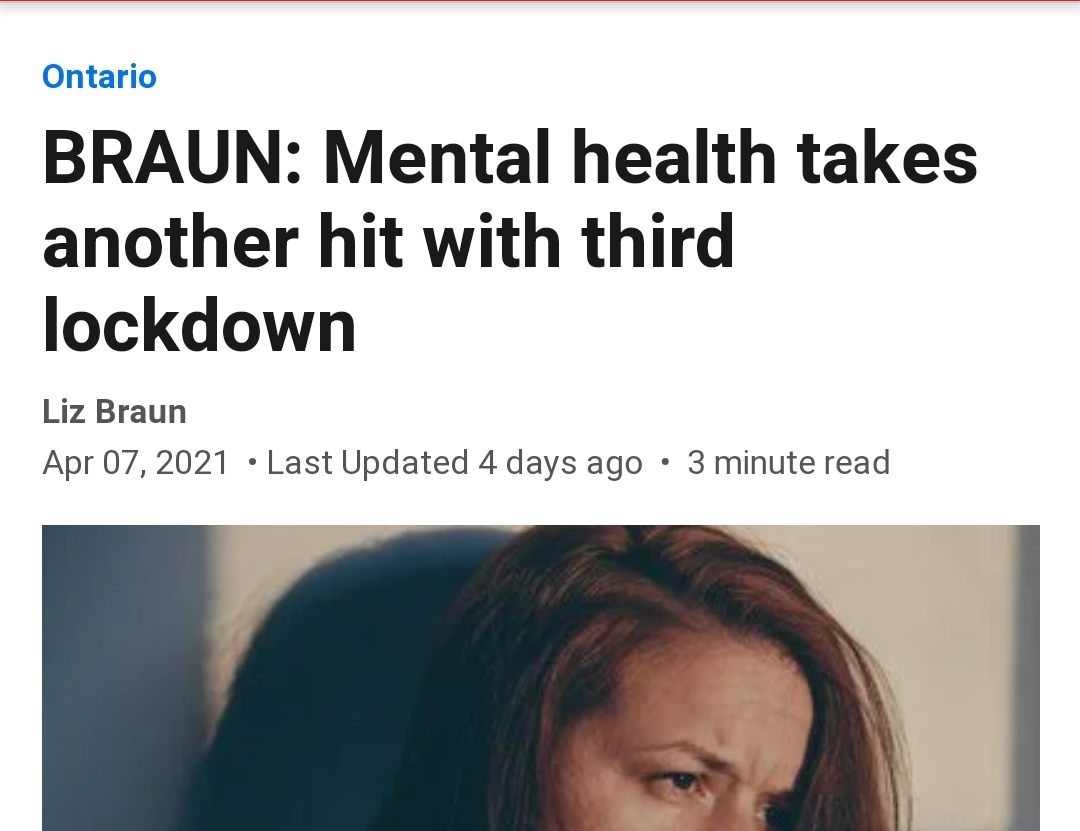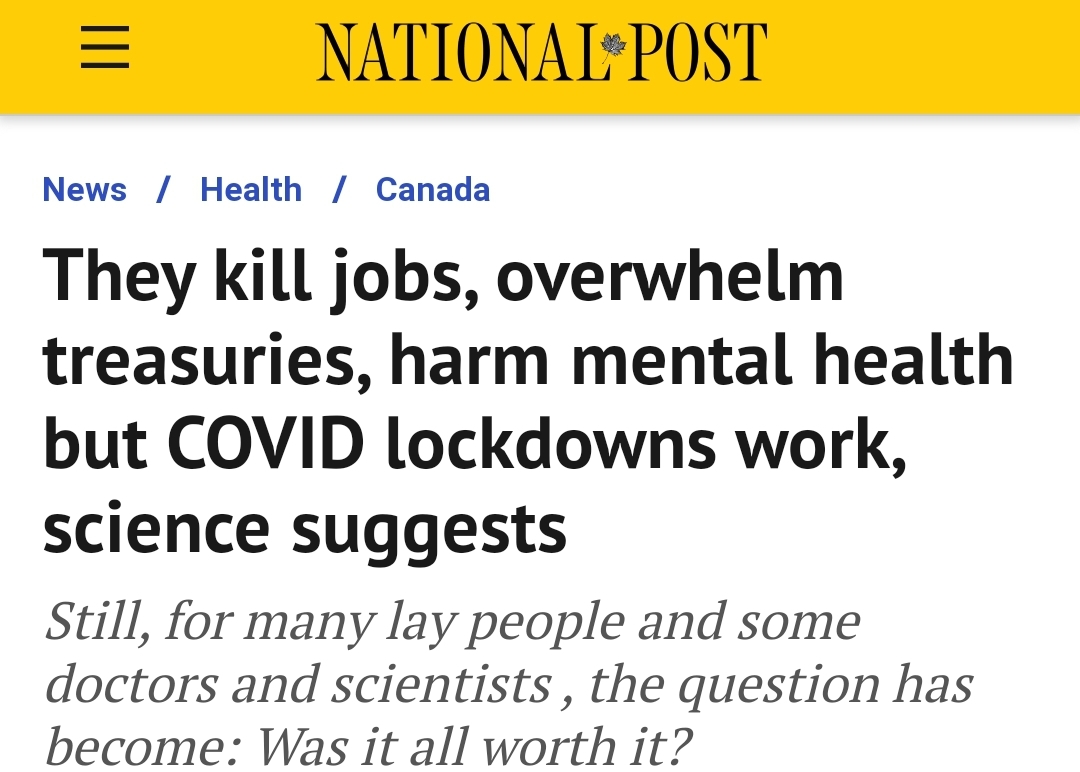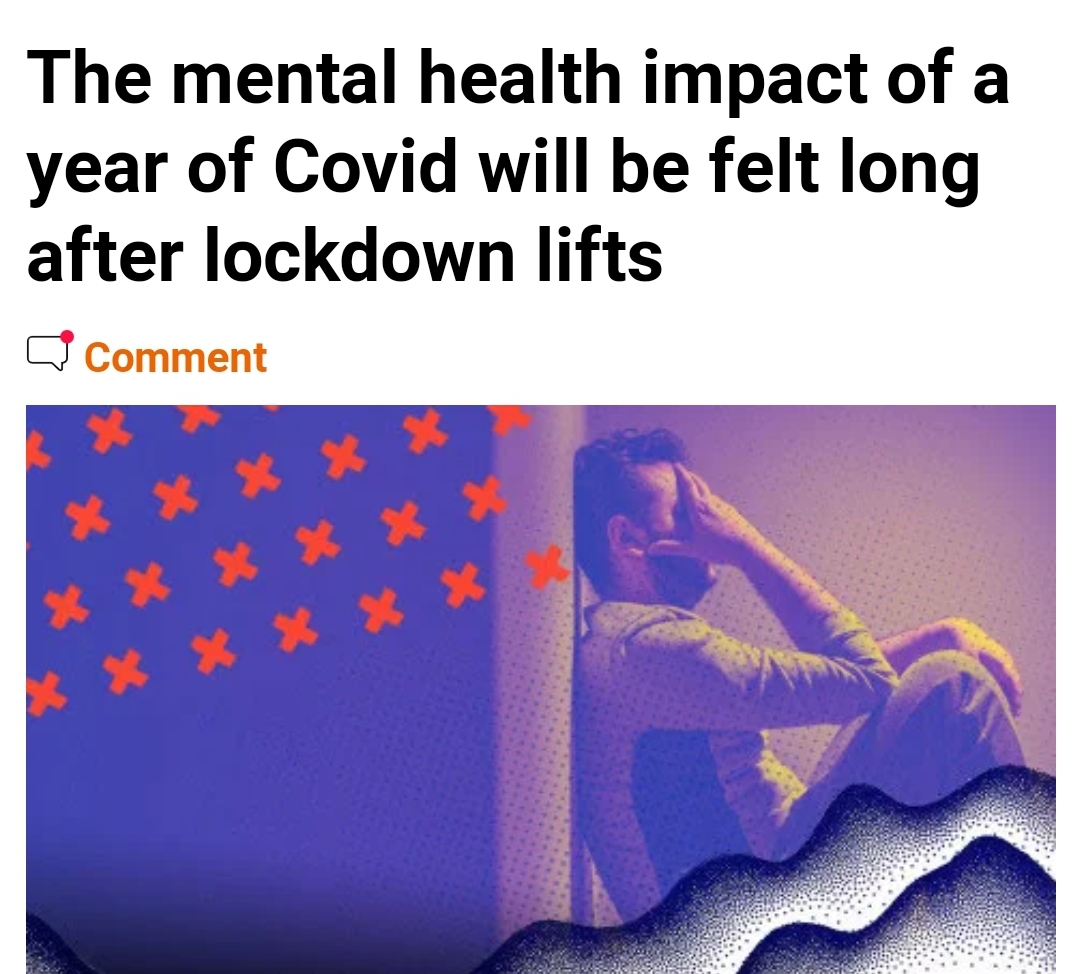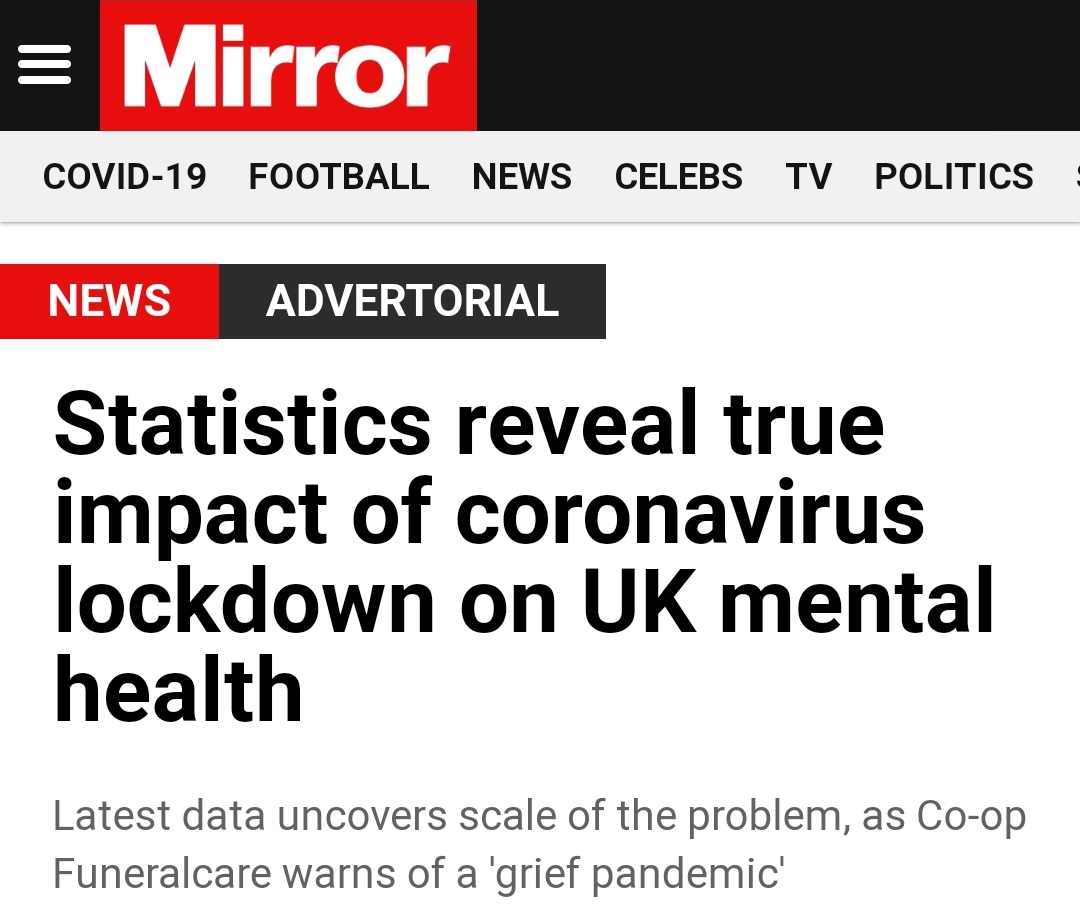
I mean, yes of course I hope these things can be helpful. On the other hand, to have someone so prominent in psychiatry to give such a generic list as if those things haven't been tried when meds and psychotherapy fail is... Disturbingly condescending and a bit ableist
https://twitter.com/AllenFrancesMD/status/1387117578292662273
When someone has depression that has resisted pharmacotherapy AND psychotherapy, a hard look should be given to:
* Reexamine diagnosis
* Examine therapy modalities and search for new strategies (med groups or therapy modalities)
* Consider combination treatments/ect
* Reexamine diagnosis
* Examine therapy modalities and search for new strategies (med groups or therapy modalities)
* Consider combination treatments/ect
* Advocate for social + financial support for disabling symptoms
This idea that people with severe depression need to get out more or watch more movies is extremely stigmatizing and completely minimizes what is happening.
The more I look at that list the angrier I get. "Oh your depression hasnt improved with psychotherapy and medication? How about a puppy?!"
Gah.
I'm done
Gah.
I'm done
• • •
Missing some Tweet in this thread? You can try to
force a refresh









